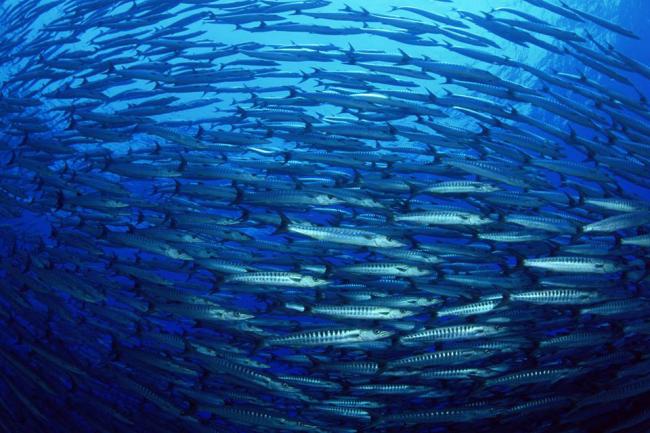
On eve of major UN conference, alarms raised that efforts to halt biodiversity loss are lagging
“Protecting biodiversity and preventing further losses is an essential investment in our collective future,” said Secretary-General Ban Ki-moon. “It is critical that we make progress in mainstreaming biodiversity and transforming how societies value and manage it.”
Over the next two weeks, the 13th meeting of the Conference of the Parties to Convention on Biological Diversity (CBD), known as 'COP13,' will discuss how to integrate biodiversity into policies relevant to agriculture, forestry, fisheries and tourism sectors.
Protecting biodiversity is crucial for human well-being and economic development. For example, global benefits from coral reefs including tourism, fisheries and coastal protection are estimated at some $30 billion per year, insect pollination of over 40 commercial crops in the United States alone at $30 billion per year, and the international trade of medicinal plants is estimated to be worth around $60 billion per year.
Biodiversity loss caused by agriculture, infrastructure expansion and climate change will greatly affect these sectors. For instance, it is estimated that 40 per cent of land currently used for extensive agriculture will be lost by 2050. However, global agricultural production will need to increase by 50 per cent to feed the world population by 2030, making sustainable agriculture a pressing issue.
“If we are going to save biodiversity, we need to work with these sectors that depend on biodiversity and whose activities have a considerable impact on the variety of life on our planet.” said Dr. Braulio Ferreira de Souza Dias, Executive Secretary of the Convention. “Agriculture, forestry, fisheries and tourism are important sectors whose activities need to take biodiversity conservation and sustainable use into account in a coherent manner.”
Since 2010, Parties to the CBD have been working to achieve 20 biodiversity goals known as the Aichi Targets, named after the Japanese prefecture in which they were adopted. However, the CBD has warned that around two-thirds of these targets are not on track to being met by their 2020 deadline.
“Governments have made ambitious commitments to achievement of the Aichi Biodiversity Targets, but these declarations need to be matched with actions at the national level.” Erik Solheim, Chief of UN Environment said. “If countries do not ensure that national targets are set and achieved, their ambition will only remain on paper.”
The Aichi Targets address issues ranging from the loss of natural habitats, sustainable agriculture and declining fish stocks, to access and sharing of the benefits from the use of genetic resources, indigenous knowledge and awareness of the values of biodiversity.
Achieving the Aichi Targets goes hand in hand with achieving the Sustainable Development Goals (SDGs), the CBD has stressed. While the protection of biodiversity is specifically mentioned in Goal 15, of the SDGs, biodiversity affects other goals as it is a source of economic growth, provides livelihoods for vulnerable populations, and can help eradicate poverty and hunger. Its protection is also crucial to climate change, and will help countries limit the global average temperature increase as specified in the Paris Agreement, which entered into force last month.
Photo: FAO
Source: www.justearthnews.com
Support Our Journalism
We cannot do without you.. your contribution supports unbiased journalism
IBNS is not driven by any ism- not wokeism, not racism, not skewed secularism, not hyper right-wing or left liberal ideals, nor by any hardline religious beliefs or hyper nationalism. We want to serve you good old objective news, as they are. We do not judge or preach. We let people decide for themselves. We only try to present factual and well-sourced news.







